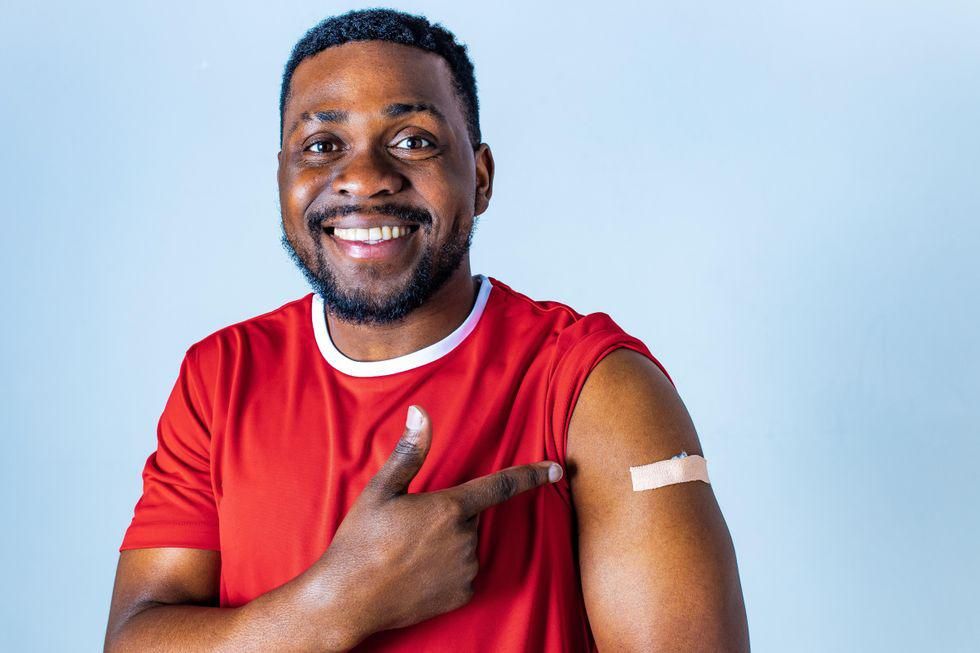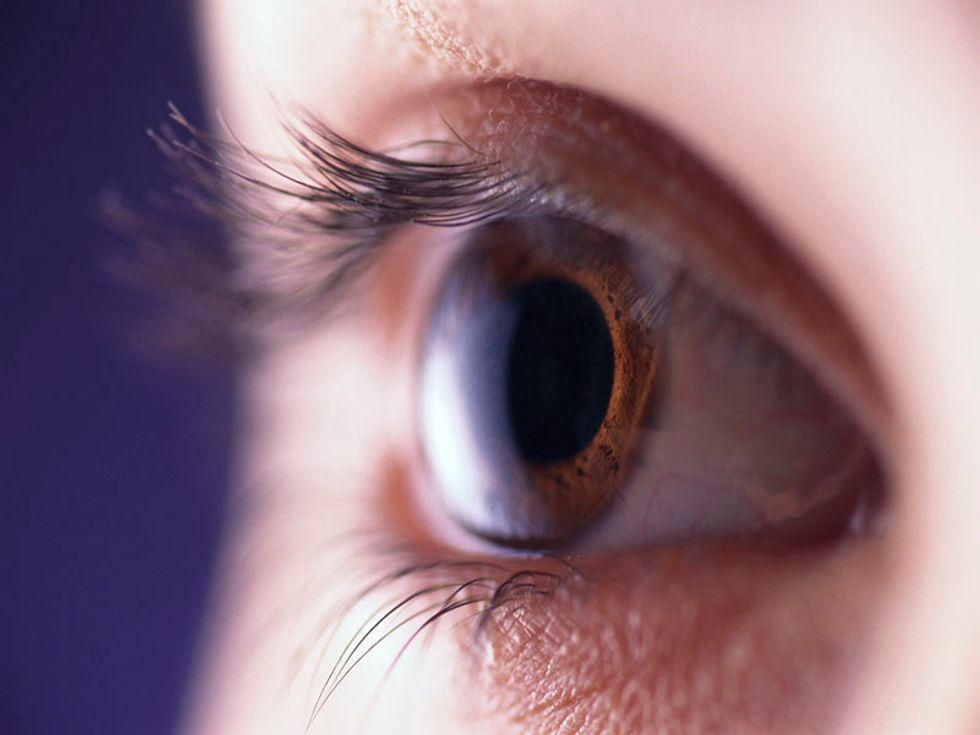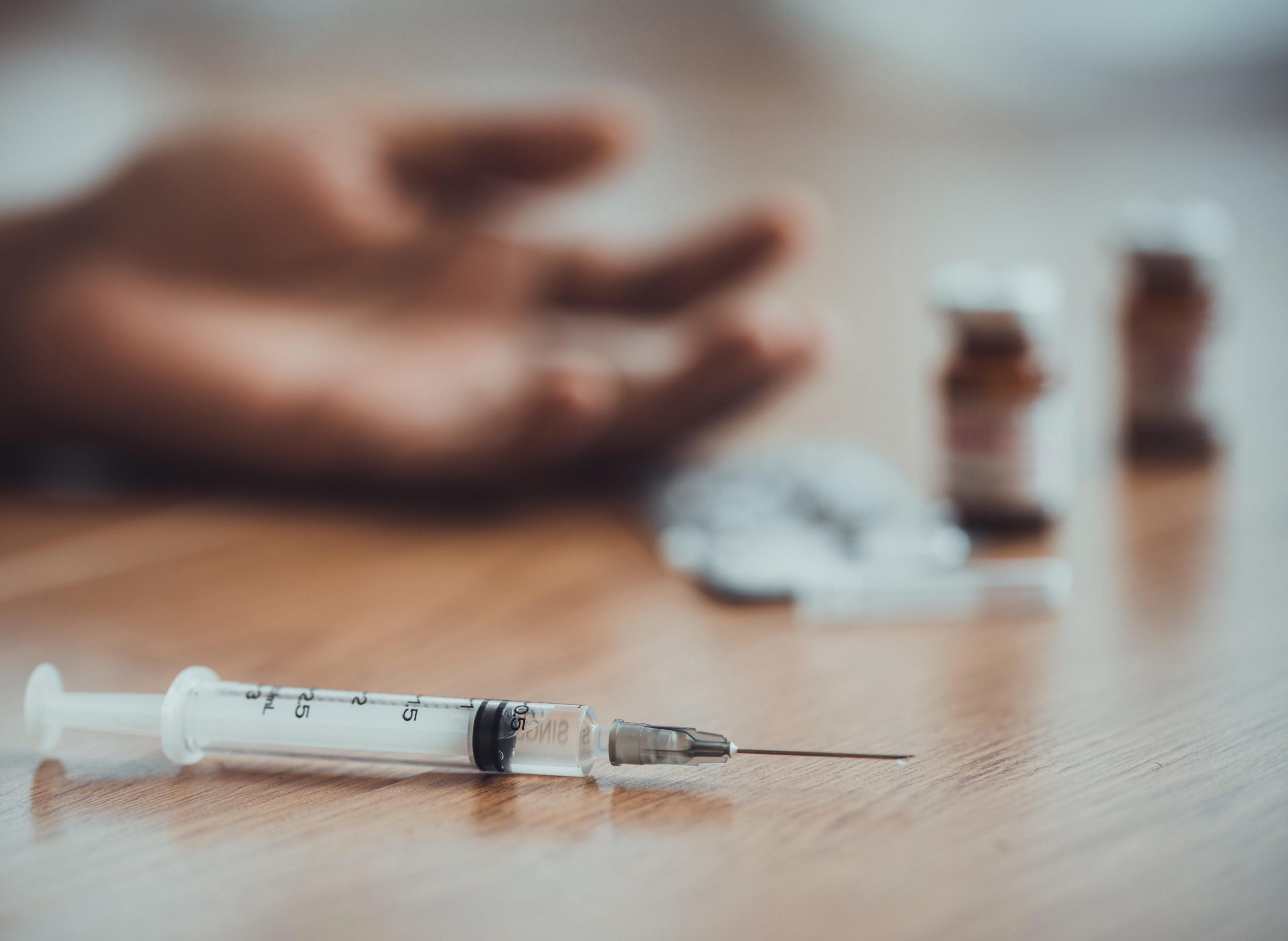
While it appears that Black Americans were more hesitant than white Americans to roll up their sleeves when the COVID-19 vaccines launched last year, that unwillingness has lessened. Following 1,200 U.S. adults through much of the pandemic, researchers found Black people were more likely to change their negative thinking about COVID-19 vaccination compared to white… read on > read on >


















